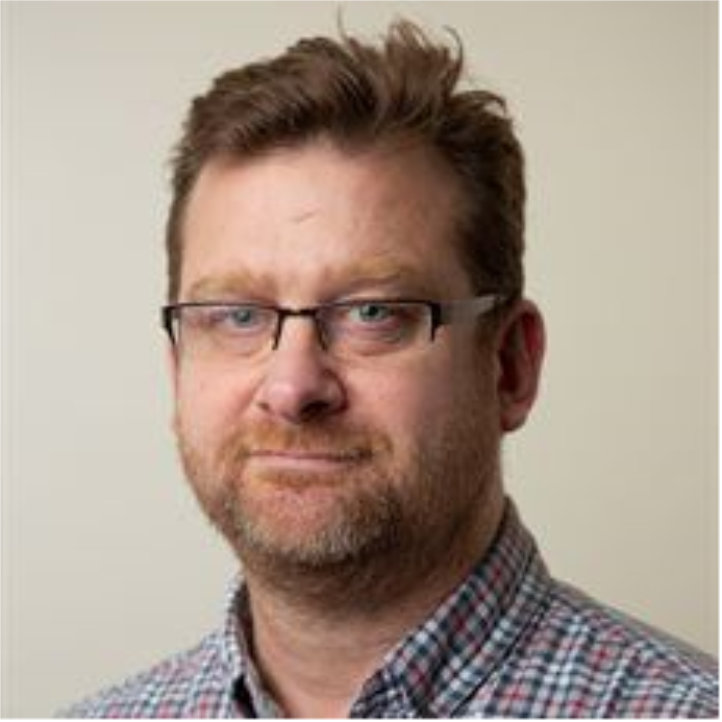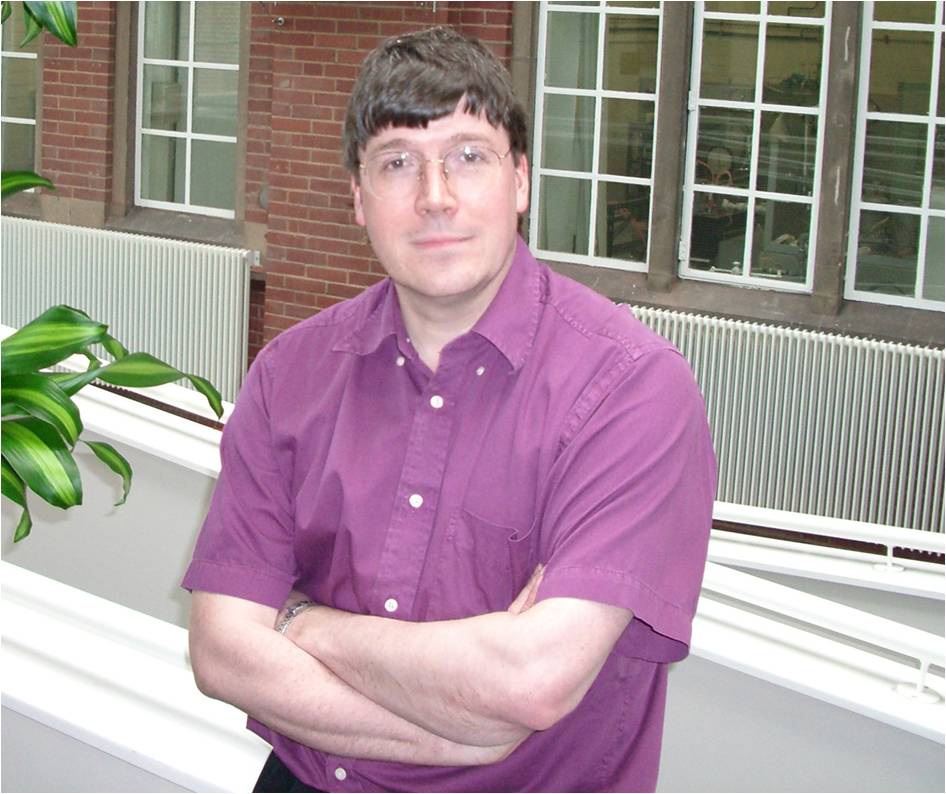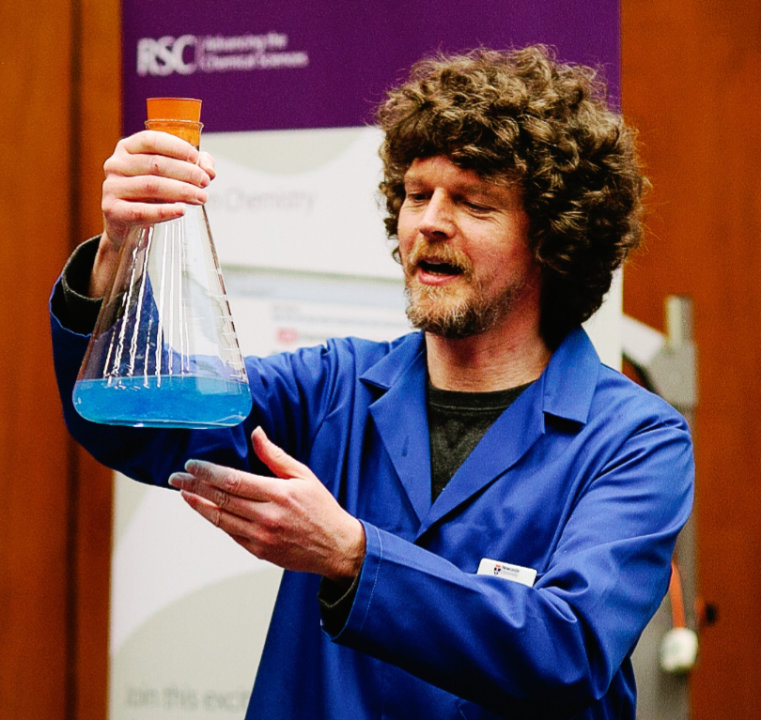JANUARY 2022 TO MARCH 2022 ALL THE EVENTS ARE FREE OF CHARGE. e-mail: briggswmctc@btinternet.com |
| Date | Title | |
| Tuesday 18 January 2022 | ASTROCHEMISTRY - THE CHEMICAL COSMOS (Sixth Form) | Details |
| Tuesday 8 February 2022 | SEX, LIES AND NANOTECHNOLOGY
(Sixth Form) | Details |
| Tuesday 1 March 2022 Cancelled |
WMCTC CHEMISTRY QUIZ (Year 10 and Year 11) | Details |
| Tuesday 15 March 2022 | CHEMICAL ENGINEERING OF CHOCOLATE
| Details |
| Tuesday 22 March 2022 | "ADVANCED LEVEL REVISION:
TRANSITION METALS AND ASSOCIATED TOPICS"
| Details |
|
This Presentation is being given on-line "ASTROCHEMISTRY - THE CHEMICAL COSMOS"  Dr June McCombie, University of Nottingham. (Sixth Form) Over recent years astronomers have realised that chemistry plays a crucial role in controlling the evolutionary cycle where stars are formed from vast clouds of gas and dust, then age and then die either simply by cooling down or in the spectacular brilliance of an exploding star. With the help of chemists, they have created a new scientific discipline, astrochemistry, that seeks to understand the important role that chemistry has to play in our cosmos. Astronomers use basically the same tools as chemical spectroscopists to look at stars linking spectrographs to their telescopes to measure the spectra of distant objects. Some objects, such as our Sun, produce relatively simple spectra showing the range of atoms present in the star. Other objects, such as low mass stars and "failed stars" or brown dwarfs, are so cool that their spectra is full of molecular fingerprints. However, in fact the spectra of all objects, as they grow older, become richer. We see evidence for the formation of molecules in the cooler parts of the stellar envelope. These molecules can be released from the stars into the interstellar medium only to be reduced to their constituent atoms by the harsh radiation environment to be found there. So, let us take a look at how astrochemists explore a chemically controlled cosmos using the tools of a chemist and an astronomer. June McCombie is an Honorary Fellow at the University of Nottingham, where she has worked since 1989. In addition to her research interests (Astrophysical Chemistry and Molecular Spectroscopy) June's professional activities encompass teaching and learning, public outreach, diversity and science communication. She has worked on a number of diversity projects in the STEM area for which she was awarded an MBE in 2013. She currently sits on Institute of Physics Council and is Chair of the Science and Technology Facilities Advisory Panel for Public Engagement. To Register, click HERE. Registration opens on 7 December 2021 |
|
This Presentation is being given on-line "SEX, LIES AND NANOTECHNOLOGY"  Professor Jon Preece, University of Birmingham. Sixth Form Lecture The lecture will look initially at 'how big is small?' and put into context the nanometre length scale, the scale of one billionth of a metre. We will go down in powers of 10 from the macro, to the micro to the nanoscale considering how a finger nail which we can see with our eyes relates to a cell we can see with an optical microscope, down to bacteria and viruses, and ultimately molecules and atoms that are too small to see with an optical microscope. We will then explore what is special about the nanoscale and how Nature utilises it to make functioning biological systems, such as enzymes, that enable life, and ion channels in membranes that enable vision. We will then consider how engineers and physicists have manged to make transistors on silicon smaller and smaller by the so-called top-down approach, such that 10 000 transistors would fit across a hair on the back of your hand, and are now ubiquitous in all electronic devices ranging from your mobile phone and computer to the smart gadgets that you plug into your home driving the Internet of Things (IoT). Finally, we will look at how the ingenuity of chemists has led to mimicking biological processes to create, via the so-called bottom-up approach, functioning molecular systems that mimic enzymes, as well as act as information storage and logic devices, leading us to think about molecular computers by the integration of the top-down and bottom-up approaches. Jon Preece began his academic research career in the Group of Professor J Fraser Stoddart, FRS (Birmingham, 1991-1994) carrying out research in the area of supramolecular chemistry, with particular interest in the design, synthesis and characterisation of materials which could be switched between different states. This interest in materials chemistry led Jon to join the Research Group of Professor Helmut Ringsdorf for a period of two years (1995-1996) where he gained experience in aspects of materials surface science. Currently, Jon's Group carries out research in the area of nanoscale organic materials science. To this end the organic materials that have been invented in the Group have led to the creation of two spin out companies to commercialise them in the areas of resist materials (irresistiblematerials.com) in the semiconductor industry and fluorescent materials as security inks and biological probes (ChromaTwist Ltd). To Register, click HERE. Registration opens on 7 December 2021 |
|
This Presentation is being given on-line "CHEMICAL ENGINEERING OF CHOCOLATE"  Presented by Professor Peter Fryer (University of Birmingham) Peter Fryer will reveal the secrets of chocolate in this on-line lecture. Chocoholics beware - take care with the calories perhaps? This talk is ideal for Year 12 students particularly as they start to think about courses for university that may involve applications of Chemistry beyond that shown in the courses. Finally, we will look at how the ingenuity of chemists has led to mimicking biological processes to create, via the so-called bottom-up approach, functioning molecular systems that mimic enzymes, as well as act as information storage and logic devices, leading us to think about molecular computers by the integration of the top-down and bottom-up approaches. And did you know that an Institution of Chemical Engineers Salary Survey reported that Chemical Engineers are the best paid group of engineers and have the potential to earn more than doctors, lawyers and accountants? THIS EVENT IS FREE REGISTRATION To Register click HERE. Registrationis now open |
|
This Presentation is being given on-line "ADVANCED LEVEL REVISION: TRANSITION METALS AND ASSOCIATED TOPICS"  Presented by Dr Peter Hoare, Newcastle University. Sixth Form Revision Lecture. Dr Peter Hoare regularly gives revision sessions for WMCTC sixth form students. This year Peter is focusing on the Transitions Metals with its associated topics. Students attending this lecture will be expected to use online voting to give answers to questions - Peter then uses these to tailor his responses to the needs of the students. Peter is an experienced Advanced Level examiner for one of the major UK examining boards so his insights into approaches to questions will be of benefit to all. THIS EVENT IS FREE REGISTRATION To Register click HERE. Registrationis now open |
